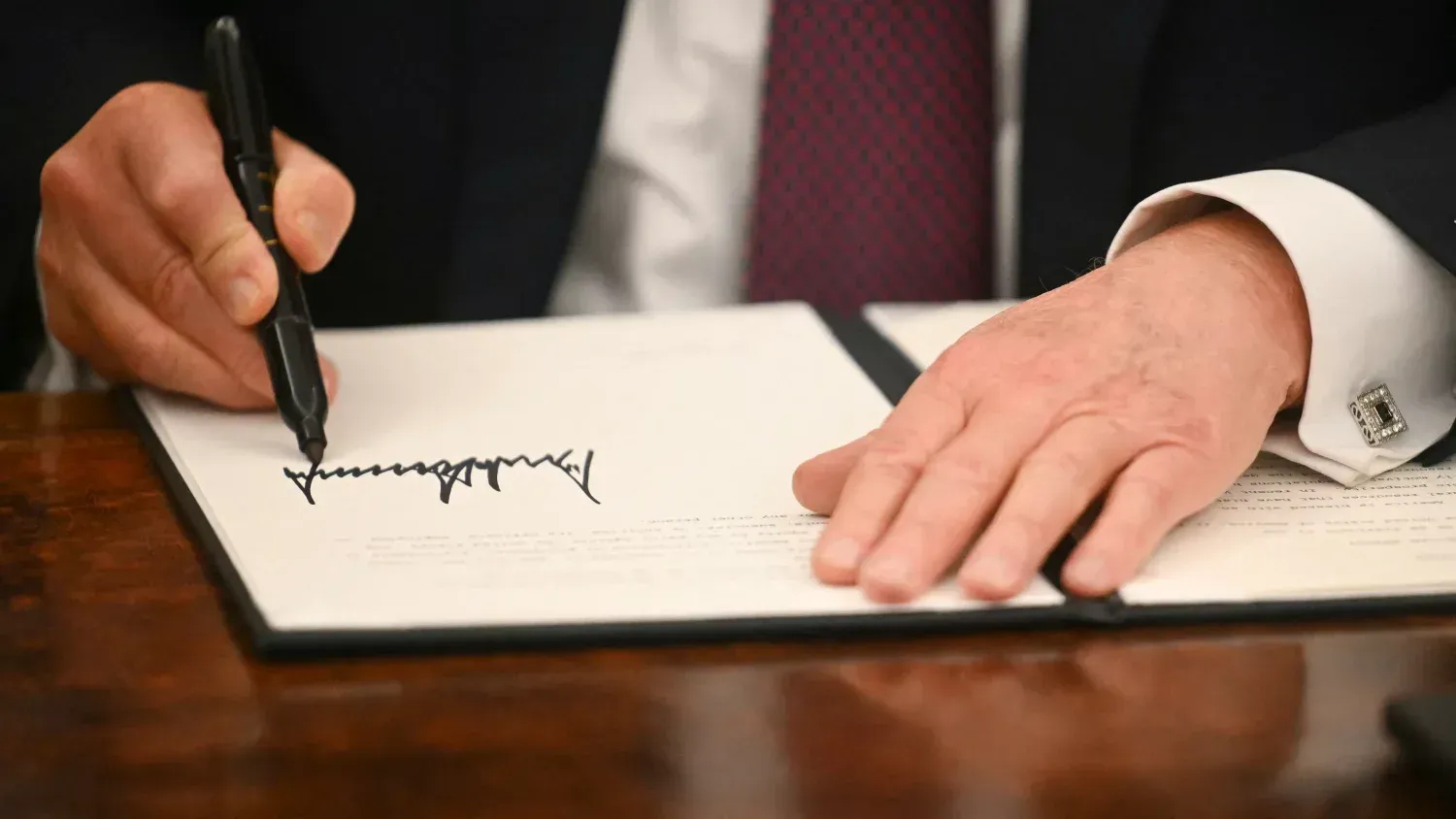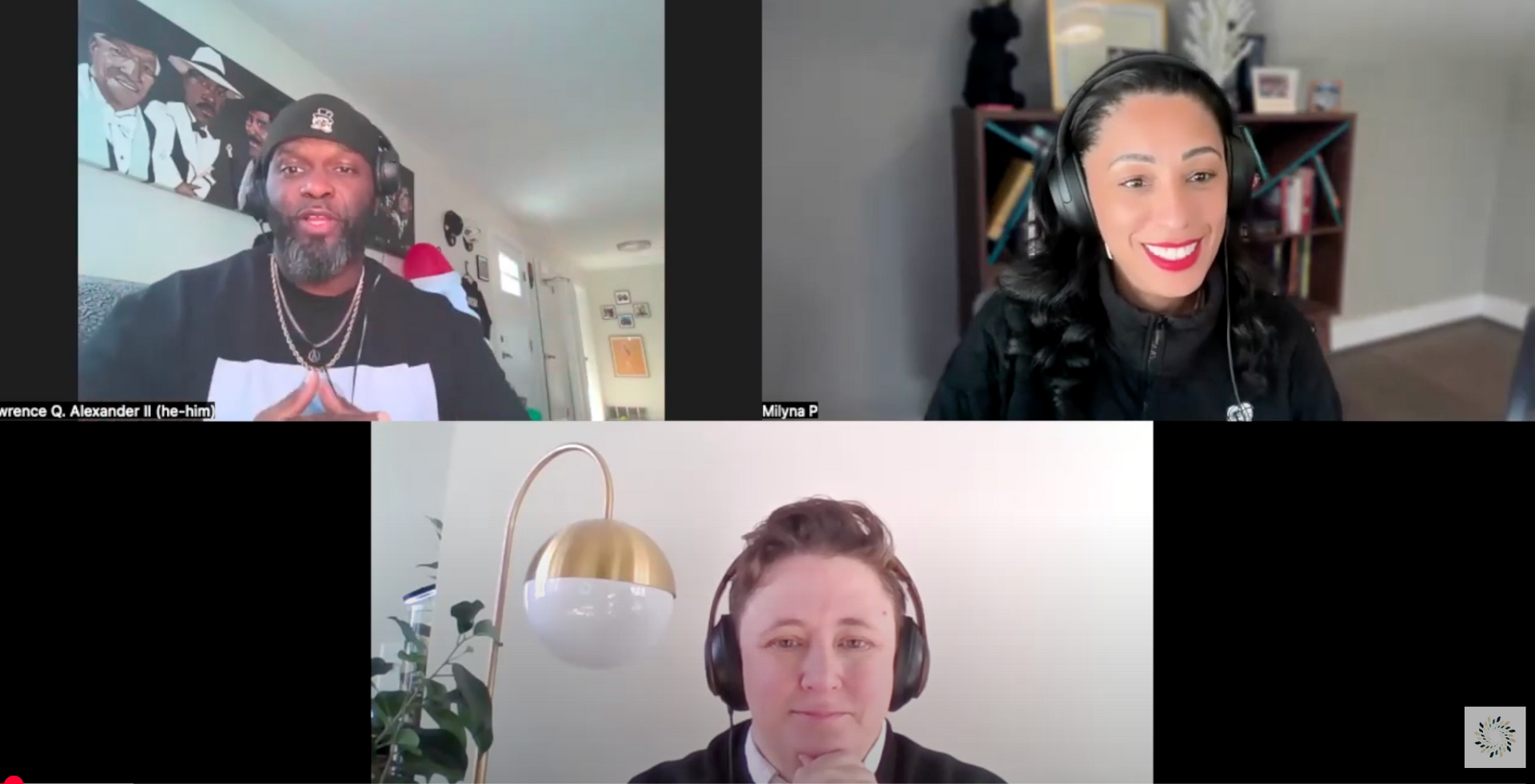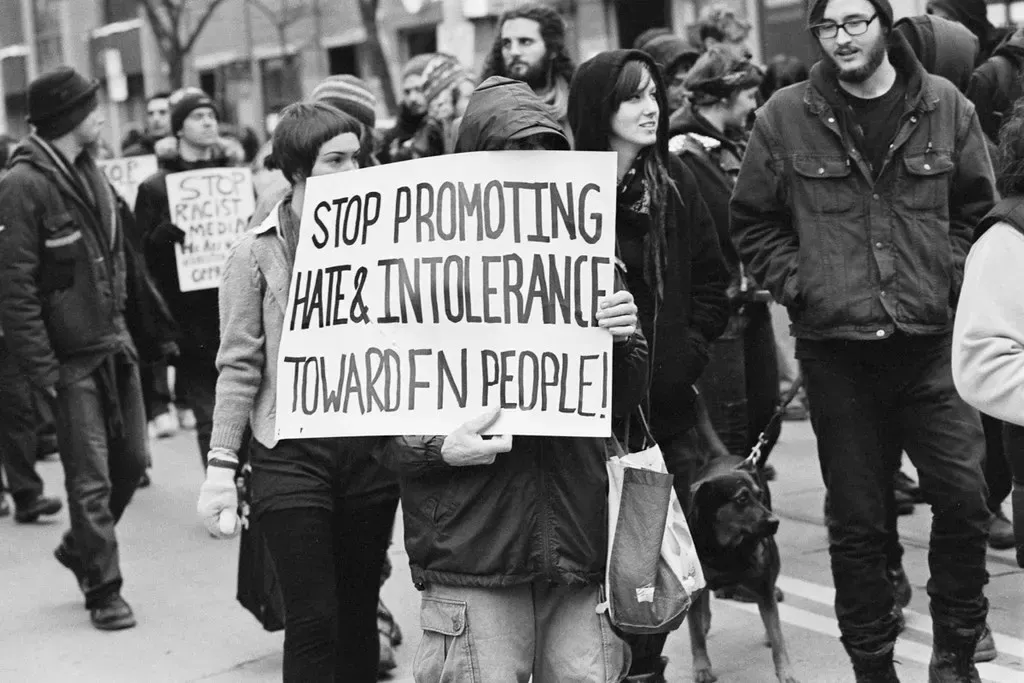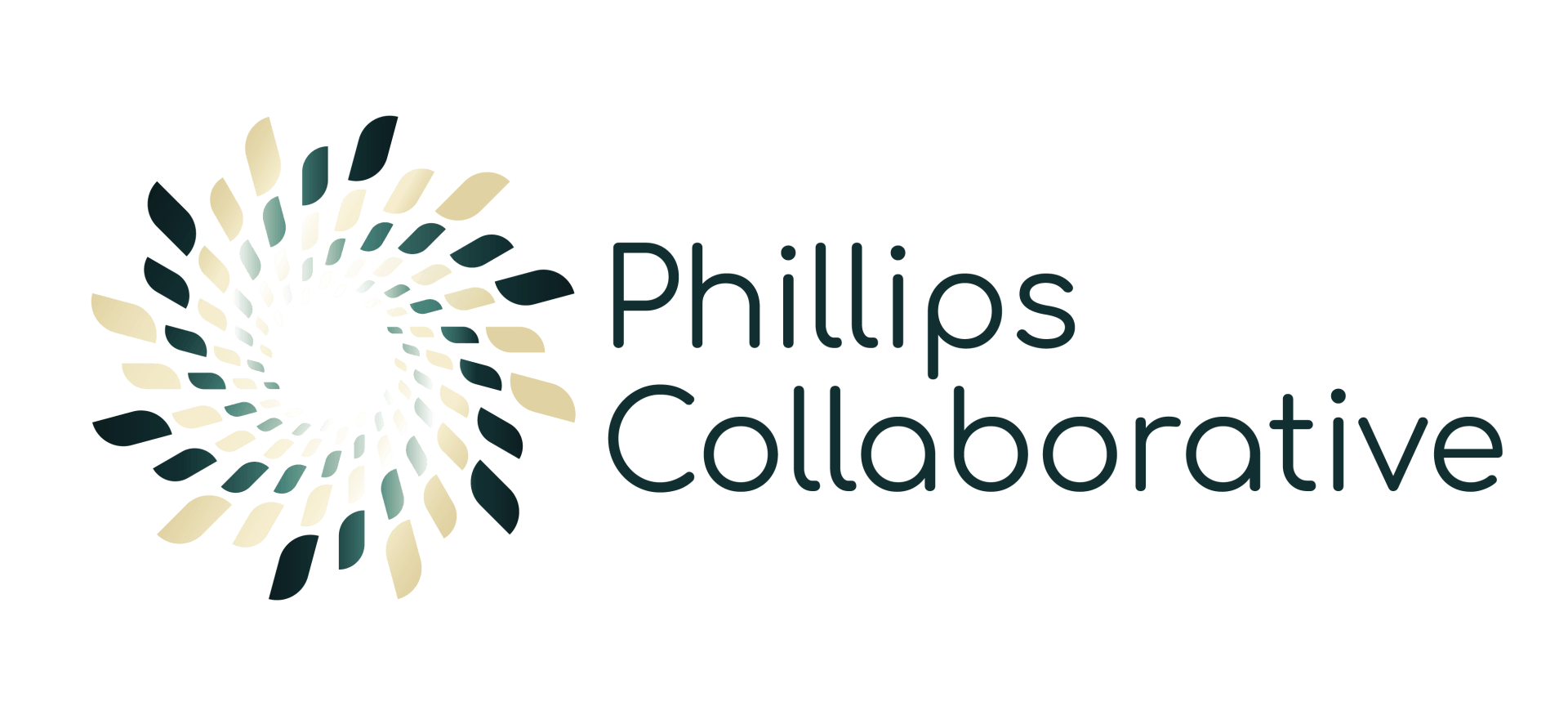Performative Inclusivity: Protecting White Comfort with Black Humanity
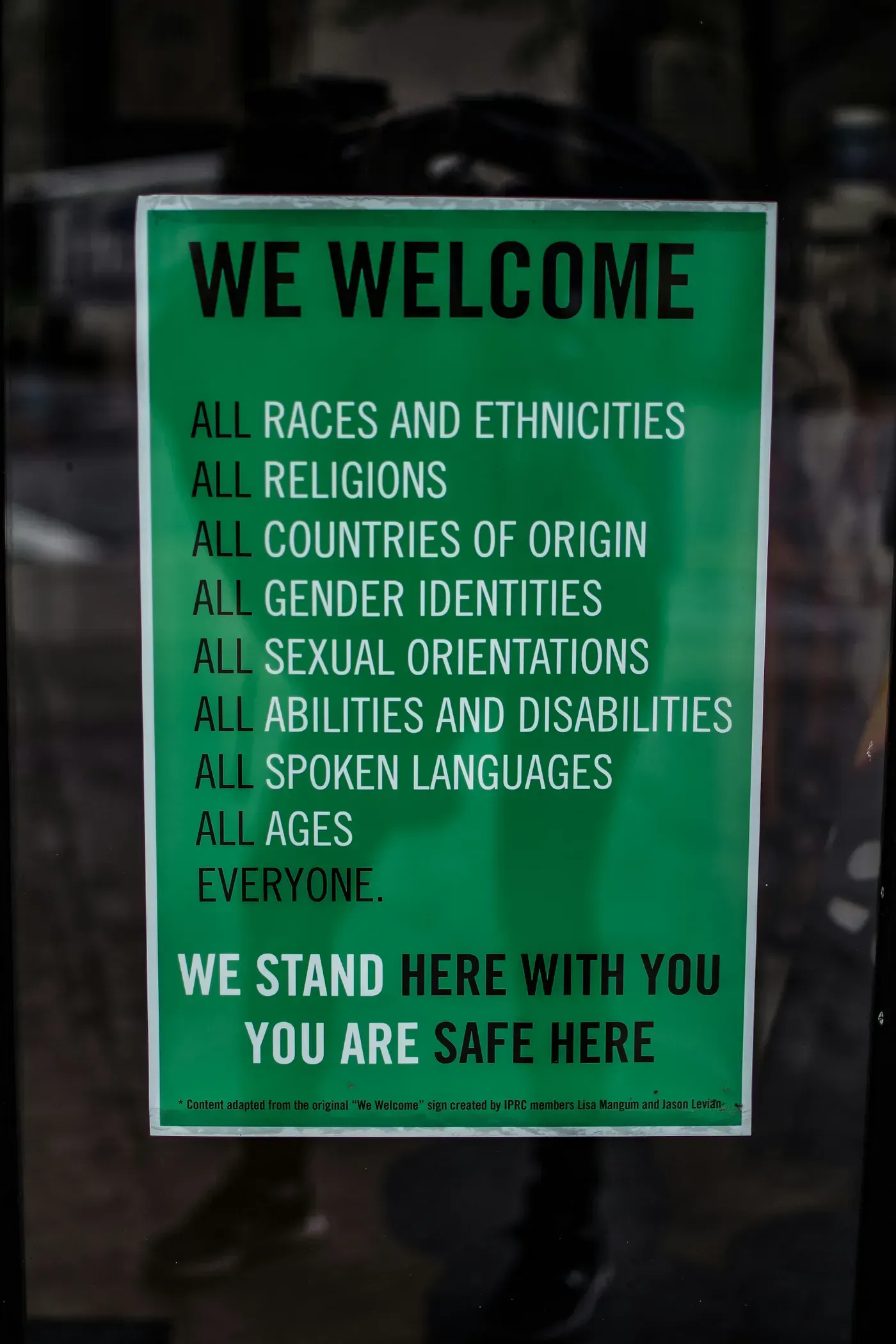
“Expediency asks the question, ‘Is it politic?’. Vanity asks the question, ‘Is it popular?’. But conscience asks the question, ‘Is it right?’. And there comes a time when one must take a position that is neither safe, nor politic, nor popular but [they] must do it because conscience tells [them] it is right.” — Dr. Martin Luther King Jr.
Does anyone remember when DEI practitioners were seen as rebel rousers? Remember when we advocated for the most vulnerable in the loudest way possible? The work is a whisper of its former iteration. Questions this moment in time are forcing us to answer: Are we protecting white comfort at the cost of Black humanity and justice? Are we doing this work responsibly and with integrity anymore? Are we doing what’s right versus what is safe or popular?
You cannot foster a sense of belonging by forcing the abused to sit next to their abuser- belonging is not telling diverse communities everyone is welcome, including the people trying to oppress the most marginalized among them. DEI practitioners and Black educators walked into work on November 6th not knowing where their schools or institutions stood on their civil and human rights. The majority of practitioners that I spoke to the day after the election were regulated to keep it “business as usual”, and not mention the election while at work. Whatever happened to the virtue signaling of “bring your whole self to work”? Schools (including institutions of higher education) are gaslighting peoples’ experiences when we ask them to conduct themselves as “business as usual”, while women, Black and brown immigrants and the LGBTQIA+ community lose their rights. Educators of all capacities are doing their jobs in silence out of fearfulness as a consequence of the public shaming that is happening. Schools are requiring the silence of many educators regarding everything political including the genocide in Palestine with the threat of unemployment and blacklisting.
In the last 14 months we have witnessed an organized campaign by schools, governing bodies, regional and national associations working overtime to silence voices and advocacy, under the guise of protrecting civil discourse but in reality hoping not to affect their bottom lines. In this year of our Lord, two thousand and twenty four, we are having the “there are good people on both sides” discussion about things like xenophobia, fascism, genocide, transphobia, misogyny and racism. Intellectual honesty has become roadkill. What this obedience in advance has done is allow evasive terminology, apathy and white comfort to become priorities and fester in our institutions. These characteristics show up when schools announce that they will no longer be issuing statements on current events, here’s the gag, elite schools don’t get to close their eyes and ears to the world around them, to other people’s suffering, and then say “everyone belongs”. That is the antithesis of education.
We should not believe in nice masters. Racism can’t be solved with a kind word, good idea, or a stiff upper lip and being nice is a danger to Black lives– words are empty, we need to demand action. Are we pleading and bargaining for our full humanity within institutions and calling it progress? W.E.B. DuBois taught us that when talking about progressive change in America what matters most is what is effective, not what will appease white people or those in power. How antiracism and DEI work are showing up today is the only form of resistance to white privilege and institutional violence that has been approved by or has appeased white people. I assure you, morally persuading racist people and employing a turn the other cheek praxis is not how to combat oppression or systemic racism. DEI has become a form of passive power that ensures that those in power never structurally change.
Now, let’s get to the good part: we live in an interdependent ecosystem. I want to empower all leaders, educators and DEI practitioners to start living and working like we live in such an ecosystem. Here are some things that we should consider in the weeks and months ahead:
- Know when to leave. If the senior leadership team’s actions, concessions, stances or lack thereof don’t align with what you know to be right, bounce. When an institution shows you who they are, believe them.
- Respectability politics have us in a chokehold, liberate yourself from the delusional promises of the ivory tower. (See #1)
- To DEI practitioners, move as a movement- organize, organize, organize. Create your own conference.
- Change the nature of the DEI business as practitioners– from passive to active power. Ask yourselves, what is your bus boycott moment? (See #3)
- If you think that neutrality absolves you, think again. Make the statement, it is how you hold your institution publicly accountable for all that you claim to be on your website.
- Ask yourself what/where is your leverage and how can you use it, collectively?
My positionality as a Black woman in America automatically renders me a Cassandra of Troy, but hear me when I tell you, now is the time to organize and sustain community–a decolonized version of community. If you’d like to be a part of a dynamic, solution-oriented conversation where real-world problems of practice are tackled and where educational leaders are empowered with tools to thrive during these turbulent times please consider joining Phillips Collaborative’s Office Hours series. Registration is free. Hope to see you there.
Maia Niguel Hoskin, Ph.D., Adrienne Gibbs, ZORA Editors, Vanessa K. De Luca Momentum Blog Team
